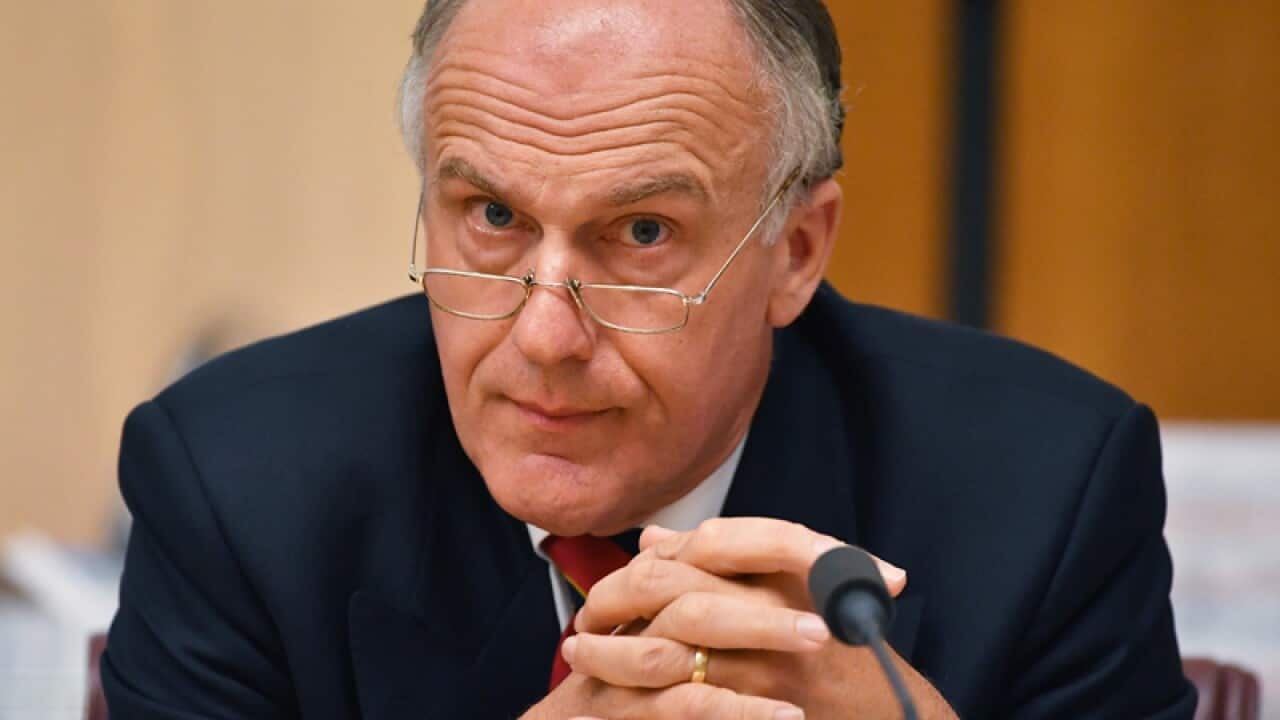The Fair Work Commission should grandfather its recent changes to Sunday penalty rates so the cuts do not apply to existing workers, according to Tasmanian Liberal senator Eric Abetz.
The senator, a former employment minister in the Abbott government, does support the Commission's decision to cut Sunday penalty rates in the hospitality, retail, pharmacy and fast-food sectors.
He said the rate cut would give companies the budget to hire more people.
Labor has campaigned vigorously against the cuts, accusing the government of allowing the Fair Work Commission to unfairly cut the pay of low-paid workers.
Mr Abetz said his idea could settle much of the heated debate by protecting the wages of current employees.
"Those who are on relatively low incomes ... who are in these particular sectors have household budgets, they live week-to-week, and they've made plans on the basis of what their income stream is now," Mr Abetz told ABC Radio on Thursday.
He said the Fair Work Commission could use its existing powers to apply the cuts to new workers, but not those already employed.
Mr Abetz's suggestion seems to have been rejected by his government colleagues.
"He's entitled to his opinion, but it's not government policy," Treasurer Scott Morrison told Sky News.
The suggestion was also rejected in the Commission's report last week.
The report raised a number of options for phasing in the cuts over time, but said the Commission did not favour so-called "red-circling", or grandfathering.
Such a mechanism could see two workers working for the same employer under different pay conditions.
It would also mean the employer would need to calculate different pay rates.
"Such an outcome would add to the regulatory burden on business," the FWC's report read.
Speaking to reporters in Canberra on Thursday, Prime Minister Malcolm Turnbull said the issue was "very complex", but agreed that the FWC considered grandfathering "impractical".
He said phasing in the cuts over several years would lessen the impact on take-home pay for workers.
"Because [base] pay is increasing every year, the impact of reducing a penalty rate on the overall pay packet is offset by the rise in wages,” Mr Turnbull said.
The Commission has requested a submission from the federal government on how the rates changes could be implemented.

